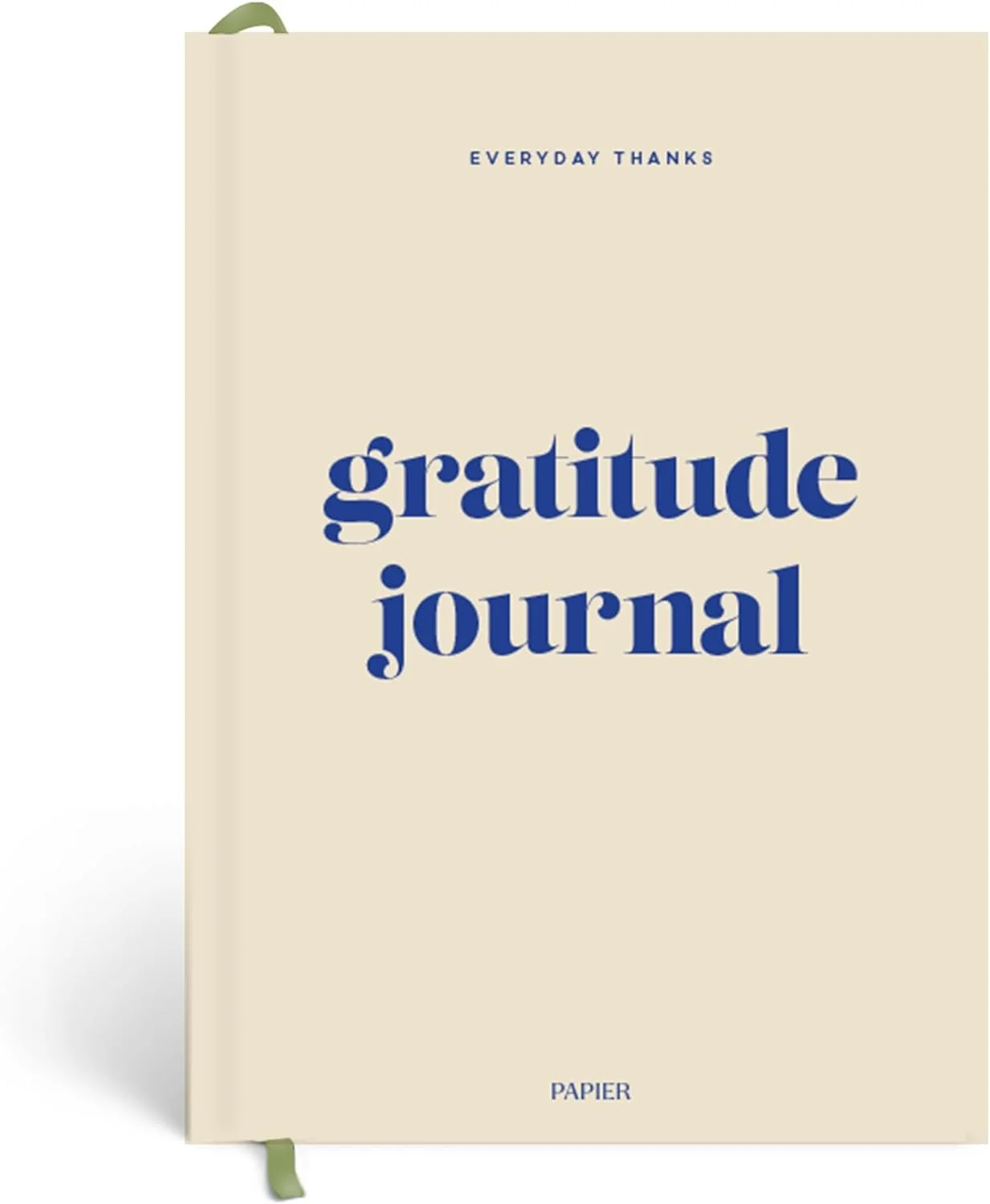Navigating Holiday Stress: Mindfulness Practices That Actually Work
The holidays are a magical time of year, but they can also bring a wave of stress. From endless to-do lists to navigating family dynamics and financial pressures, it's no wonder many people feel overwhelmed. The good news? Mindfulness practices can help you find your center amidst the chaos. These techniques aren’t just trendy; they’re backed by science and endorsed by mental health experts.
Let’s explore effective mindfulness practices to ease holiday stress, so you can actually enjoy the season.
Why Are the Holidays So Stressful?
A 2021 survey by the American Psychological Association (APA) found that 38% of people report increased stress during the holidays, citing financial strain, time management, and family conflicts as key contributors. While it’s normal to feel a little frazzled, chronic stress can impact your mental and physical health.
This is where mindfulness comes in. Studies have shown that mindfulness practices can reduce cortisol levels (the body’s primary stress hormone), improve focus, and foster emotional resilience.
Mindfulness Practices to Combat Holiday Stress
1. Start Your Day with Intentional Breathing
Before you reach for your phone or dive into your to-do list, spend five minutes focusing on your breath. Try a technique like box breathing: inhale for four counts, hold for four, exhale for four, and pause for four.
A 2023 study published in Frontiers in Psychology found that intentional breathing can significantly reduce stress by activating the parasympathetic nervous system. This practice helps regulate your body’s fight-or-flight response, which is often in overdrive during the holidays.
Pro Tip: Pair this with a calming essential oil like lavender or frankincense for added relaxation.
2. Practice Gratitude Journaling
The holidays can stir up feelings of comparison or inadequacy, especially with the constant highlight reels on social media. Combat this by grounding yourself in gratitude. Each morning or evening, write down three things you’re grateful for.
According to a study in The Journal of Positive Psychology, gratitude journaling can improve emotional well-being and decrease symptoms of anxiety and depression. It’s a simple yet transformative practice to shift your mindset from overwhelm to abundance.
What to Use: Try a beautifully designed journal like the ones from Papier, or make A Designated “page” In your Notes App, Also Apple has a new Journal app That makes staying up with the practice easier especially when on the go.
3. Set Boundaries with a Loving Mindset
Holiday stress often stems from overcommitment. Learn to say “no” to events or obligations that drain your energy. Mindfulness isn’t just about meditation; it’s about making intentional choices that align with your values.
Dr. Nadine Burke Harris, a leading stress expert, suggests that setting boundaries is a form of self-care. When done with kindness, it fosters healthier relationships and reduces guilt.
Actionable Tip: Practice a simple script like, “I appreciate the invite, but I need to prioritize my well-being and won’t be able to make it.”
4. Engage in Mindful Eating
The holidays often involve indulgent meals, but stress can lead to mindless overeating. Mindful eating encourages you to savor each bite, helping you enjoy your food while tuning in to your body’s hunger cues.
A 2020 study in Appetite found that mindful eating can reduce emotional eating and improve digestion.
How to Practice:
Take three deep breaths before your meal.
Focus on the textures, flavors, and aromas of your food.
Put your fork down between bites to slow down.
Wellness Pairing: Try sipping a calming Delicious Magnesium Drink like Moon Juice’s Magnesi-Om, to create a ritual of relaxation during meals.
5. Incorporate Daily Movement with Presence
Exercise is a proven stress reliever, but during the holidays, it’s easy to skip workouts. Instead of an intense routine, opt for mindful movement like yoga, walking, or tai chi.
A 2022 study in The International Journal of Yoga revealed that yoga not only reduces stress but also improves heart rate variability—a key marker of resilience.
Quick Idea: If you’re short on time, try a 10-minute guided yoga session on YouTube with instructors like Kate Amber (Yoga with kate amber) or explore a class On platforms like nature of mindfulness.
The Science of Mindfulness: Why It Works
Mindfulness works by rewiring the brain through neuroplasticity. A landmark 2018 study in Science Advances showed that consistent mindfulness practices increase gray matter in areas of the brain responsible for emotional regulation and decision-making.
Additionally, mindfulness reduces activity in the amygdala—the part of the brain responsible for fear and stress responses—while boosting connectivity to the prefrontal cortex, which governs rational thinking.
Mindfulness Tools and Products to Try
Make Mindfulness Your Holiday Superpower
Holiday stress is inevitable, but how you respond to it makes all the difference. By incorporating these science-backed mindfulness practices, you can approach the season with greater calm and joy. Remember, mindfulness isn’t about perfection—it’s about presence. Start small, stay consistent, and watch how these practices transform your holiday experience.
What’s your go-to mindfulness tip for the holidays? Share in the comments below or join Us On Instagram Ever Green Living community for more wellness inspiration.









